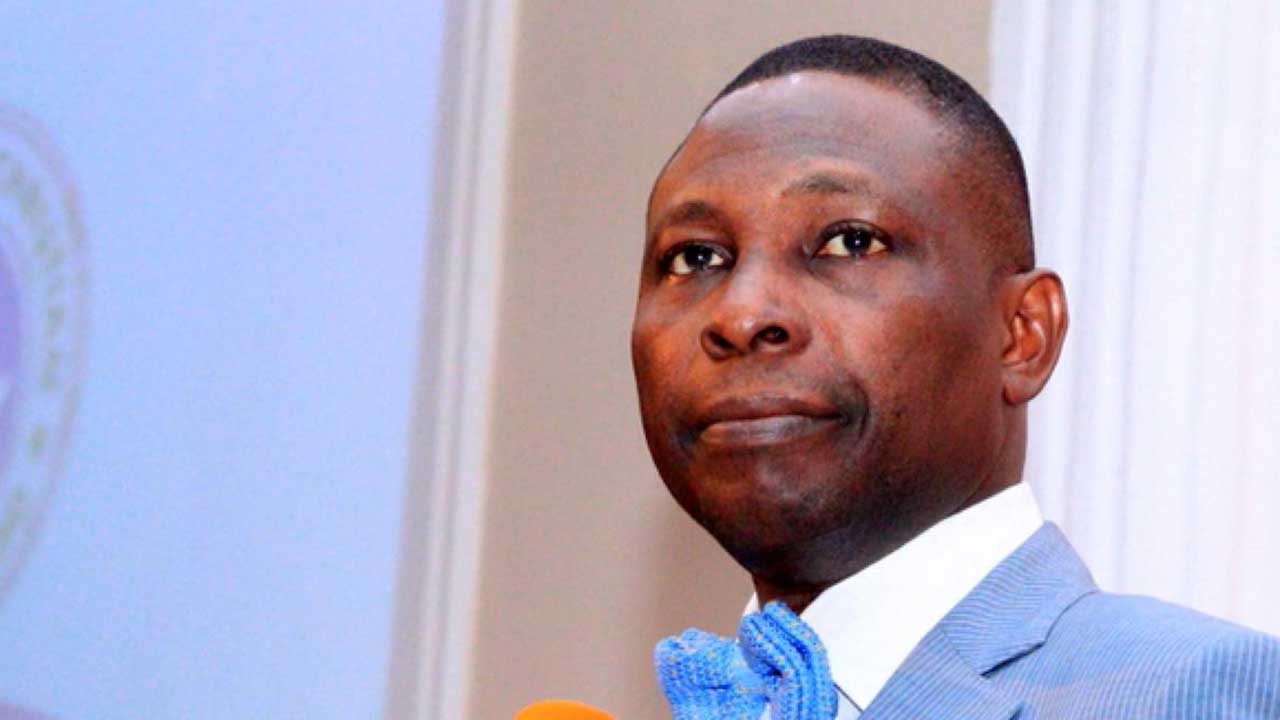The House of Representatives on Wednesday rejected claims by the United States (US) Senate describing Nigeria’s security crisis as genocide against Christians or as state-sponsored persecution.
The rejection followed the unanimous adoption of a motion sponsored by Deputy Speaker Benjamin Kalu, titled: “Urgent Need for a Coordinated Diplomatic and Domestic Response to the Proposed Nigeria Religious Freedom Accountability Act of 2025 (U.S. Senate Bill S.2747) and to Mischaracterisations of Nigeria’s Security and Religious-Freedom Landscape.”
Presenting the motion, Kalu recalled that the proposed U.S. bill, introduced on September 9, 2025, seeks to designate Nigeria as a “Country of Particular Concern” (CPC) and to impose sanctions on Nigerian officials under the Global Magnitsky Act.
He noted that while the U.S. Commission on International Religious Freedom (USCIRF) had repeatedly recommended Nigeria’s CPC designation, such reports misrepresent the nation’s complex security challenges.
Kalu maintained that Nigeria’s Constitution guarantees freedom of religion and prohibits the adoption of a state religion.
He stressed that the country’s security issues are driven by insurgency, criminal banditry, separatist violence, and communal conflicts — not by religious persecution.
“The insecurity in Nigeria is multi-causal, affecting citizens of all faiths,” he said, adding that most fatalities are caused by terrorist groups and criminal gangs, not government policy or religious bias.
Lawmakers expressed concern that the proposed U.S. legislation, based on incomplete assessments, could undermine Nigeria’s sovereignty, strain diplomatic ties, and embolden violent groups.
Majority Leader Julius Ihonvbere urged swift diplomatic action to counter the U.S. narrative, warning that once the bill advances in the U.S. Senate, reversing it could be costly and time-consuming.
Oluwole Oke (PDP, Osun) described the U.S. claim as a “deliberate attempt to damage Nigeria’s image,” stressing the need for factual engagement with international partners.
Sada Soli (APC, Katsina) called for strengthened parliamentary diplomacy, noting that Nigeria’s strategic global role requires proactive engagement with U.S. lawmakers.
Billy Osawaru (APC, Edo) decried Nigeria’s limited diplomatic presence abroad, warning that failure to address the issue could have wider implications for Africa.
Other lawmakers, including Ibrahim Isiaka (APC, Ogun) and Jaha Ahmadu Usman (APC, Borno), urged formal communication with the United Nations and consolidation of investigations under relevant House committees to ensure accurate reporting on religiously framed violence.
Adopting the motion, the House condemned all forms of violence and persecution based on religion or belief and commiserated with victims regardless of faith.
It rejected the U.S. Senate’s portrayal of Nigeria’s crisis as religious or state-sponsored, reaffirming the country’s constitutional protection of religious freedom.
The lawmakers directed the Federal Ministry of Foreign Affairs and the Nigerian Embassy in Washington, D.C., to lodge a diplomatic protest with the sponsors of the bill and relevant U.S. committees, providing empirical data to clarify Nigeria’s position.
The resolution is to be transmitted to the Presidency, the Ministry of Foreign Affairs, heads of security agencies, the US Congress, the Department of State, USCIRF, as well as the African Union and ECOWAS Commissions.






